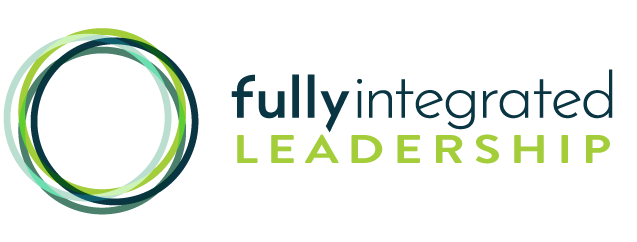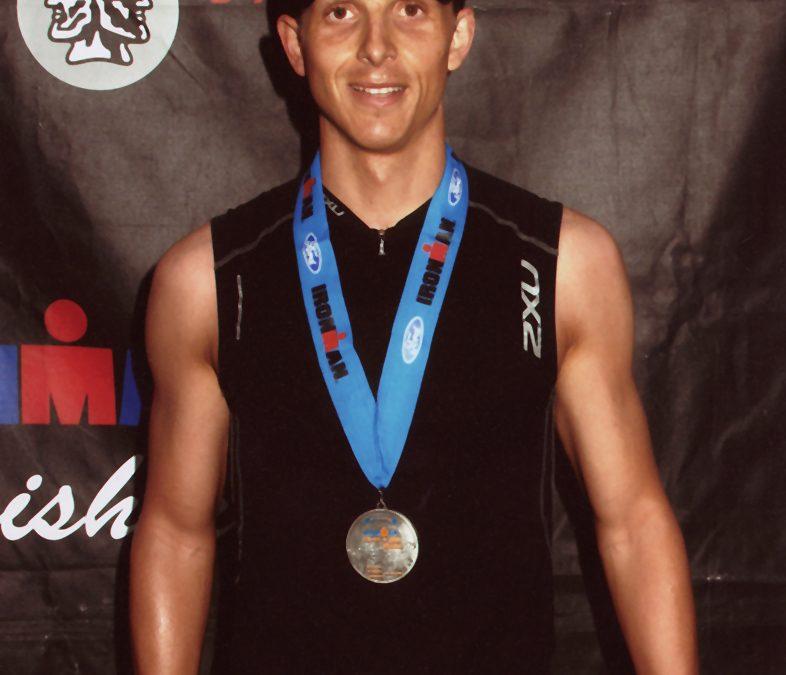There are lots of leadership books, articles, blogs, and trainings out there. Each of them is filled with information, skills, tools, frameworks, and models for how to get better at being a leader. I am big fan of these, but I find one area lacking in many of them is that they do not lay out the process for turning information into learning/growth/development.
The Concept of Specificity – Triathlon
As a high performance athletic coach, one of the major concepts I had to grasp was what is known as “specificity training.” A quote from the website VeryWellFit defines specificity as follows: “The principle of specificity states that sports training should be relevant and appropriate to the sport for which the individual is training in order to produce the desired effect. Additionally, training should progress from general conditioning to specific training for the particular skills required in that sport or activity.
My coaching therefore had to focus first on the “desired effect” for my athletes. For each athlete, the answer was nuanced, but it all pretty much fell into similar sounding goals to “be better”, “be more fit”, “win my age group/the race”, or “get better in a specific sport” (swim, bike, run). We would then take it to the next part of the above quote and move from “general conditioning” to “specific training.”
Specificity Training – Leadership
In my work with leaders, there is a parallel to the work I did with triathletes. The Fully Integrated Leadership approach to training is based on the concept of specificity. We begin with the same “desired effect” conversation as above. Our desired effect is to help leaders learn to navigate and thrive in VUCA (volatile, uncertain, complex, ambiguous) conditions. We therefore start off with general conditioning to operate well in VUCA, focusing on the foundational skills needed. These include regular self-awareness/self-reflection practices, a system for prioritizing and organizing our day that optimizes different parts of the brain, recognizing and overcoming common “cognitive biases”, learning the language and approach of Systems Thinking to tackle complex dilemmas, and how to influence people for maximum impact.
We also, however, need to move from general conditioning for VUCA into specific training that helps the leader develop the skills they need to thrive in their own leadership context. This is where the Fully Integrated approach really distinguishes itself from the pack. Using assessments, we can pinpoint the leader’s level of skill in specific areas that have been identified as most critical to leading in VUCA conditions. These include Analytical Reasoning, Perspective Taking/Seeking, Perspective Coordination, Contextual Thinking, Collaborative Capacity, and Decision-Making. From their assessment we build targeted training that improves their skill in these areas, and we prove it by assessing them again at the end of the coaching to show measurable growth over time.
Using Specificity Without Having a Coach
There are numerous reasons you cannot work with a coach to help you apply specificity training to your leadership. For some the barrier is financial, for others it’s time. However, this does not mean you should shy away from specificity training for your leadership skills. Here are a few pointers to get you going:
- Look at the list of general conditioning exercises listed above and choose one per week to build into your daily practice. Over time, these will become habits and will set you up with a solid foundation to move to specific skills;
- Search for articles, books, etc. that are specific skills for operating in VUCA. Here’s the important step that most people don’t take; rather than simply reading the article or book, take time to highlight passages or concepts that really resonate. Choose a real-life scenario at work where you can either teach the concept to a person or a group or where you can apply the concept to a meeting or process (example: you might decide to learn more about formal collaborative decision-making, read an article about a specific framework, and decide to apply it in a group where you are working towards making a decision);
- It’s best to work with a partner or group who can learn along with you and hold you accountable. Find someone else who is looking to elevate their leadership, explain the concept of specificity training, and get to work together on building those VUCA-leadership muscles!

